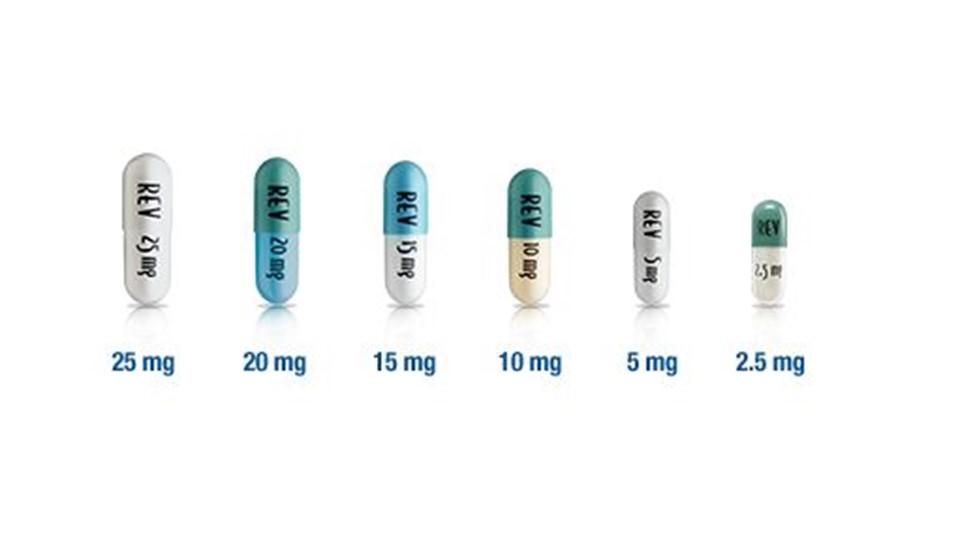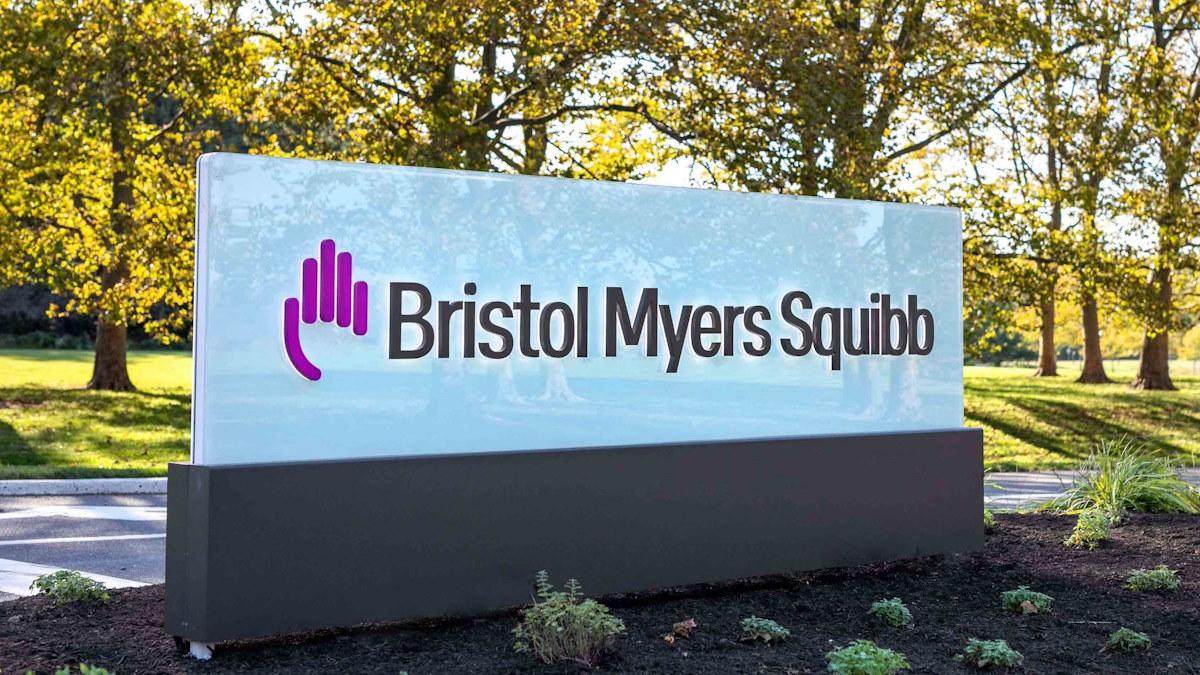BMS feels the pain of Revlimid erosion, cutting forecasts

Bristol-Myers Squibb is facing some serious near-term challenges as its top-selling drugs come under pressure, forcing it to slash its sales forecasts for the year.
The hardest hit in its second-quarter results update was to blood cancer therapy Revlimid (lenalidomide), which is now expected to make around $5.5 billion this year – fully $1 billion less than previously expected. Moreover, anticoagulant Eliquis (apixaban) and cancer immunotherapy Opdivo (nivolumab) also fell short of expectations.
Overall, revenues in the second quarter fell 6% to $11.2 billion, with Revlimid down 41% to $1.5 billion due to generic competition, and BMS now expects to post a low single-digit decline in sales for the full year, as opposed to its earlier forecast of a 2% increase.
Chief executive Giovanni Caforio - who will step down from his role in November, but remain executive chairman of the group - acknowledged the decline in Revlimid and also noted that sister blood cancer therapy Pomalyst (pomalidomide) is expected to miss its forecasts by around $300 million this year. Eliquis, meanwhile, fell 1% to $3.2 billion, while Opdivo's 4% gain to $2.1 billion also missed the mark.
One notable remark was that BMS had seen an "unusual increase" in the supply of Revlimid for free, under patient assistance programmes.
Longer-term, BMS looks set to see its growth pick up, following the launch of three recently approved products that, according to the company, each have multibillion-dollar sales potential, part of a growth portfolio of nine products that generated $862 million in the quarter.
Opdualag – a fixed-dose combination of Opdivo and LAG-3 inhibitor relatlimab – was approved a year ago for melanoma and added $154 million to the top line in the second quarter. Cardiac myosin inhibitor Camzyos (mavacamten) for obstructive hypertrophic cardiomyopathy (HCM) added another $46 million, while new TYK2 inhibitor Sotyktu (deucravacitinib) for psoriasis brought in $25 million.
The star performer was Reblozyl (luspatercept) for myelodysplastic syndromes (MDS) and beta thalassaemia-associated anaemia, which grew by more than a third to $234 million.
By the end of the year, 60% of the Revlimid revenue erosion is expected to be in the rear-view mirror, said Caforio; although, with BMS also facing the loss of market exclusivity for Eliquis and Opdivo before the end of the decade, its new generation of therapies will have to deliver as predicted to compensate.
BMS is predicting that the contribution of its nine new products will grow to $13 billion in 2025 and $25 billion by the end of the decade.













